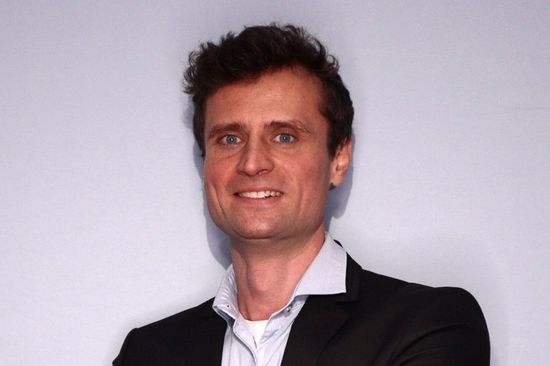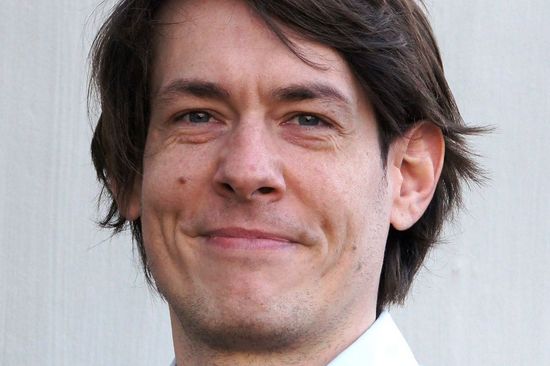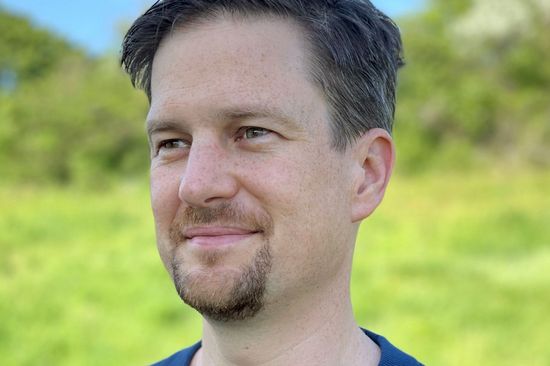New Materials: Electrical Energy from Heat

In 2020, TU Wien attracted approx. EUR 91 million of funding from national and international sources for externally financed project research. Almost two-thirds of the funds raised related to EU, FWF (Austrian Science Fund) and FFG (Austrian Research Promotion Agency) projects; about 20% went to basic research projects. TU Wien sees itself as an engine of innovation, achieving success and guiding innovation both in basic and in applied research. According to the principles behind university research at TU Wien, the focus of attention is on societal benefit from research projects, not the possible commercial exploitation of the research findings.
In the area of basic research, the FWF (Austrian Research Fund), opens an external URL in a new window and calls on the Vienna Science an Technology fund (WWTF), opens an external URL in a new window are of particular note.
In addition to successes with the WWTF funding channel and individual FWF projects, TU Wien – sometimes in collaboration with other universities – also takes part in certain FWF priority programmes: the Special Research Programmes (SFB), National Research Networks (NFN), Doctoral Programmes (DK) and Programmes for the Development and Appreciation of the Arts (PEEK). Moreover, TU Wien has produced outstanding START and Wittgenstein Award winners.
In the field of applied research, TU Wien is represented in the FFG (Austrian Research Promotion Agency), opens an external URL in a new window as part of the COMET programme and is the leading Austrian university in the CD laboratories run by the Christian Doppler Forschungsgesellschaft (CDG - Christian Doppler Research Association), opens an external URL in a new window.
Within the European Union's Funding programme, TU Wien is by far the most successful organisation in Austria with its involvement in the Seventh Framework Programme for Research and Technological Development (2007–2013), with an accumulated 217 research projects, a project budget of EUR 83.66 million and a financial contribution from the EU of EUR 97.49 million. Initial analysis shows that TU Wien has also had a very successful start in the latest EU Framework Programme for Research and Innovation Horizon 2020 (2014–2020), and is recording success rates above the EU average.
In the area of basic research, researchers from TU Wien have raised countless grants from the European Research Council (ERC).
EU programmes such as research for the benefit of small and medium-sized enterprises (SMEs) and Industry-Academia Partnership projects are characterised by a strong orientation towards application, and are thus close to the market. Beyond the EU, programme channels that are particularly important to TU Wien with regard to market orientation include the Programme for Competition and Innovation (CIP), EUREKA Eurostars and EU Joint Undertakings.
By creating research networks at an international level and by developing autonomous key areas within the university, the intention is to build up outstandingly effective, closely networked research facilities to tackle high-input research topics over the long term and with an inter-disciplinary approach.
Research subjects:
FWF - Austrian Research Fund, opens an external URL in a new window
This programme promotes the development of key areas in scientific research by building up national research networks for inter-disciplinary, joint effort, medium-term handling of larger research projects.
Innovation through diversity: the Laura Bassi Centres of Expertise conduct research at the interface with industry and foster a new, contemporary research culture.
CVAST - Center for Visual Analytics Science and Technology, opens an external URL in a new window (S.Miksch)
Ludwig Boltzmann Institutes (LBI) are set up on the basis of tenders and with international evaluation processes. They aim to offer young researchers from around the world the opportunity to carry out application-orientated, sometimes high-risk, unbiased research in Austria at a high level (in terms of both technical competence and organisational facilities). Research at Ludwig Boltzmann Institutes is based on partnership and on the creation of synergies between organisations that traditionally carry out research (universities, non-university research organisations etc.) and those that traditionally apply the research (companies, public bodies, specialist hospitals, insurance companies, advocacy groups and umbrella organisations, NGOs, charitable institutions etc.).


